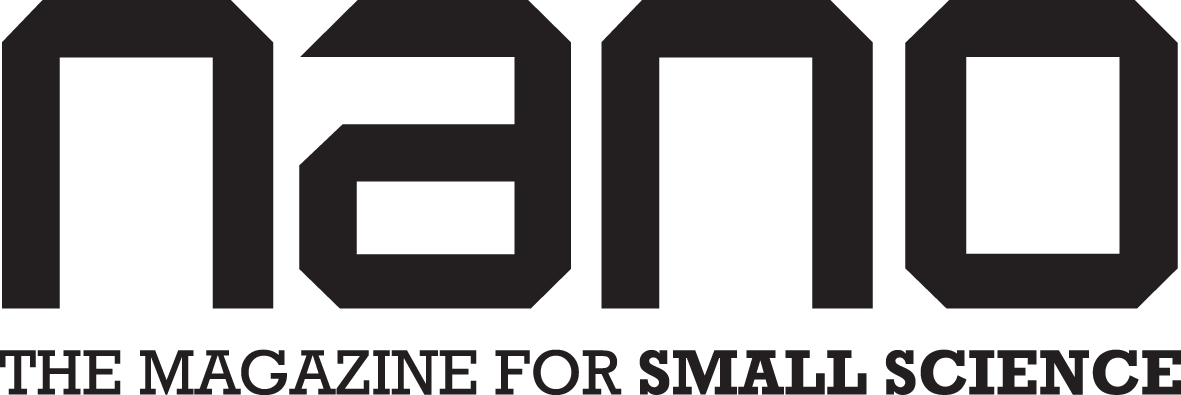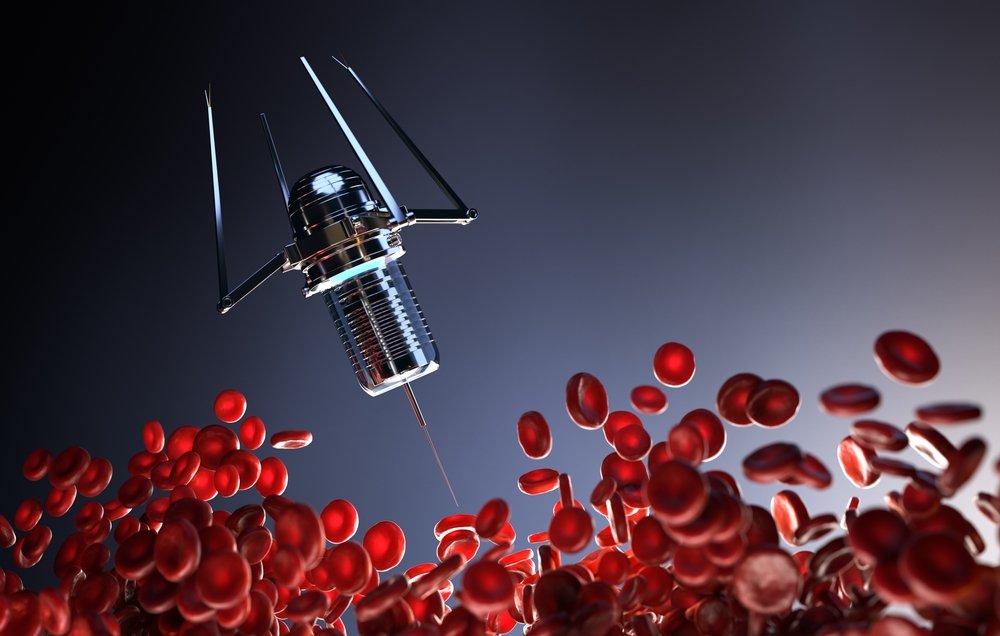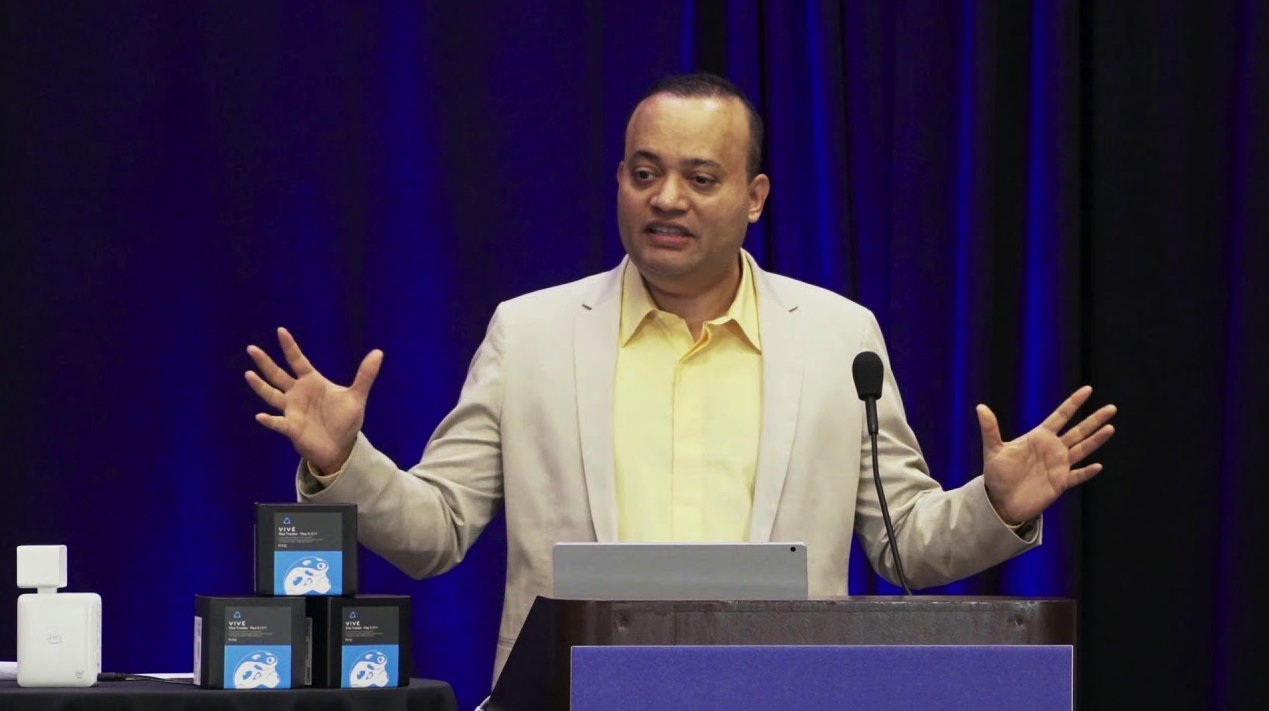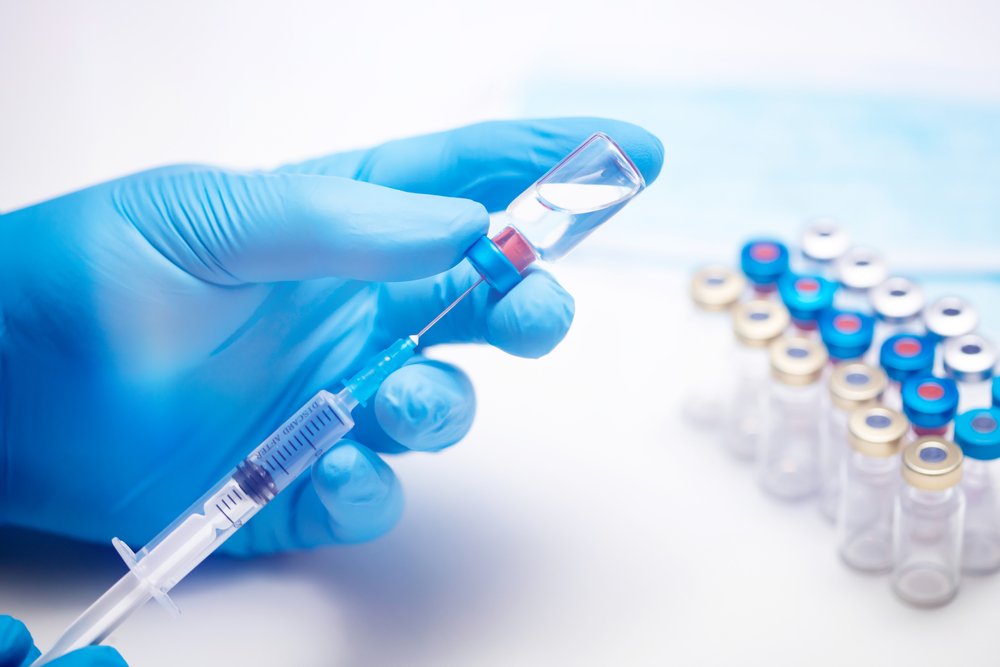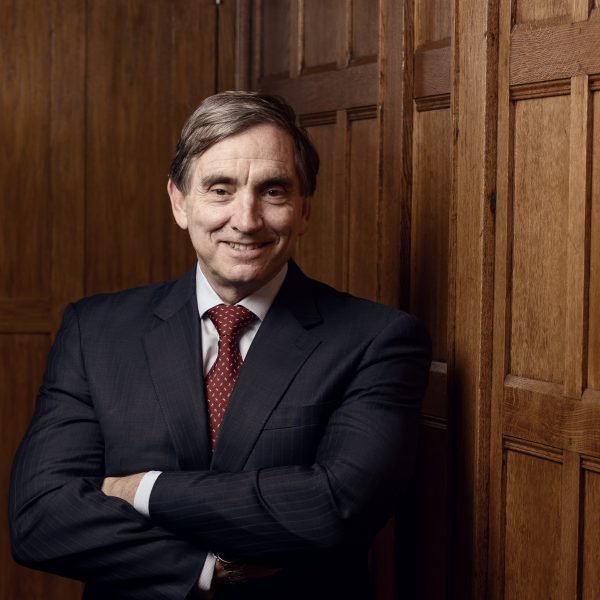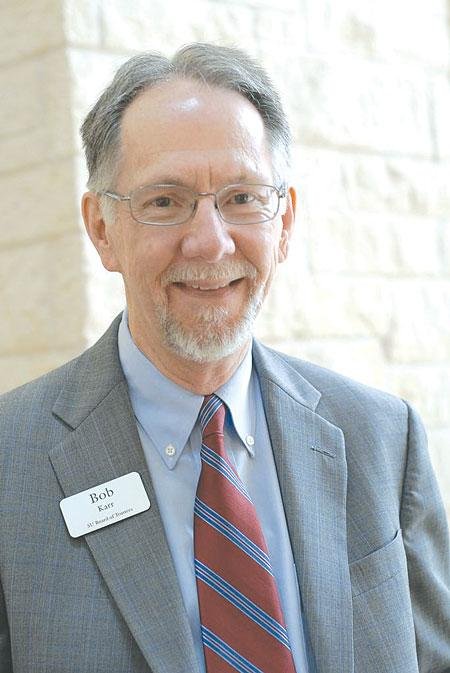Biotech, nanomedicine, and AI combine for health breakthrough predicted by Apple genius Steve Jobs

Apple’s visionary founder, the late Steve Jobs once said, “the biggest innovations of the 21st century will be at the intersection of biology and technology”.
And that prediction is coming true in the drug discovery field where biology, nanotechnology and AI are uniting against previously untreatable diseases, pandemics, and human ageing.
“Out of COVID’s death and devastation and the knock-on effect upon people already weakened by cancers, heart disease and other long-term killers, it is uplifting to see how the biotech, nanomedicine and computing disciplines are responding,” said Paul Stannard, chairman of the healthcare charity World Science Aid and the World Nano Foundation – the not-for-profit that supports global commercialisation of nanotechnology.
“It’s a combination that Steve Jobs forecast with such typical vision and has already given us faster and more effective vaccine production and virus testing to push back against COVID, while starting to map out more effective health systems that major on treatment at the point of care.
“But real excitement comes from new drug discovery techniques, spearheaded by powerful computing and artificial intelligence platforms that Steve Jobs would have picked out to be disruptors just like his iMac, iPod and iPad.”
As an example, Stannard highlighted developments at a small but fast-growing Silicon Valley neighbour to Jobs’ giant Apple Inc, the AI-driven drug discovery company Verseon, which has built a proprietary technology platform to create new drugs atom by atom.
Fremont-based Verseon says the platform is far more sophisticated than the ‘AI systems’ of other drug developers, as it enables the design of the entirely new chemical structures needed to fight currently untreatable diseases.
Biology, nanotechnology and AI combined could revolutionise modern healthcare and disease & pandemic protection.
Verseon stresses that AI is only as effective as the data available for it to learn from, as shown by issues arising from development of ‘self-driving’ vehicles; in the case of other ‘AI drug discovery systems’ this data comes only from existing drugs and past experiments.
As highlighted by current coverage in Impact Wealth Magazine, Verseon has freed itself from that conventional approach and is bringing much-needed new treatments to market for cancers, heart disease, and other killers. The company is also developing products that slow human aging and boost longevity.
Many market watchers now believe that despite the pharmaceutical industry’s $1 trillion a year patent-protected revenue, its failure-prone trial-and-error drug development process is an increasing impediment to finding badly needed disease treatments.
Verseon realized that systematic design of completely new drugs requires breakthroughs in molecular-physics modeling to determine how a new chemical structure will bind to a disease-causing protein.
And using its platform, the company has identified multiple new clinical candidates for every one of its programs – a feat unheard of in the pharmaceutical industry.
Verseon’s management team holds over 200 patents collectively and are no strangers to transformational breakthroughs.
Co-founders Adityo Prakash (CEO) and Eniko Fodor (COO) patented technologies now owned by Intel that power all video streaming today, from Amazon Prime to Zoom.
Adityo Prakash, CO-Founder and CEO of Verseon.
The third Verseon Co-founder, Chief Science Officer (CSO) David Kita developed one of the first bioinformatics platforms that catalyzed the genomics revolution.
And Verseon’s Chief Technical Officer Sangtae Kim – a former CEO at the influential Morgridge Institute biomedical unit, and a former VP at major pharma company, Eli Lilly – is now driving enhancement of the company’s powerful AI.
“Verseon’s platform comprises significant new advances within multiple distinct branches of science,” he said.
“Any one of these advances would be enthusiastically welcomed by leading practitioners in their respective domains but collecting them together is virtually unattainable by any other organization. It is by far the most advanced ab initio drug design methodology currently in existence.”
Verseon is already trialling drugs to treat and prevent heart attacks and strokes.
John Deanfield, University College London Professor of Cardiology.
Verseon is currently trialling drugs with remarkably low bleeding risk to treat and prevent heart attacks and strokes in over 400 million patients worldwide – uncontrolled bleeding is the biggest risk factor with current alternatives.
One of the world’s leading cardiologists John Deanfield, University College London’s Professor of Cardiology, commented:
Robert Karr, former SVP of R&D Strategy
“Verseon’s platelet-sparing anticoagulants…represent an exciting ‘precision medicine’ opportunity for the treatment of a large population of cardiovascular disease patients.”
Verseon is also developing oral drugs to treat diabetic vision loss in over 154 million patients, plus a cure for coronaviruses, and three different programs to fight cancer – one of the world’s biggest killers.
All of these are part of a fast-growing drug pipeline of 16 candidate drugs across eight programs, including cancers, heart disease, and degenerative eye diseases due to diabetes.
Pfizer’s former SVP of R&D Strategy Robert Karr said: “Verseon’s disruptive platform changes how drugs can be discovered and developed, and the company is poised to make a dramatic impact on modern medicine.”
